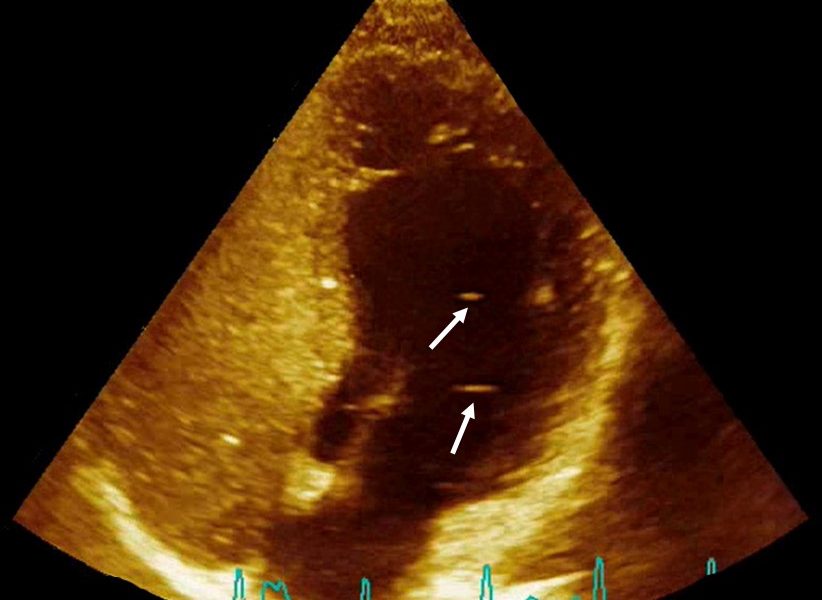Hi
@MarcusMansson,
I had a similar experience earlier this year, and I'm back in the water.
My case
I experienced mild joint pain DCS after a 12meter, 25 minute dive. This was the final dive of a 6 day liveaboard tour, where I followed all my safety stops, and was careful with my ascent rate. 4 dives per day, all on Nitrox, max 32m depth. I was keeping hydrated and avoided alcohol. The first dive that day was 23m for 59min, with a 3 hour surface interval. I had no prior symptoms.
Returning to the boat I realised I had abnormal joint pain and asked for oxygen, which temporarily relieved the pain. When the pain came back I called DAN and the crew took me to hospital. Thankfully we were in port and it was literally a 5 minute car ride.
Over the next two days I had two chamber treatments.
But your question really is about anxiety.
I'm not usually an anxious person, but I was in a foreign country, due to fly out two days later.
After treatment, speaking to DAN multiple times and being cleared to fly by the doctors, I still spent the next few days second guessing every twitch and feeling in my body. It became a vicious circle of worry, creating headaches and bad sleep which I worried were more DCS symptoms! They weren't, I was just stuck in my own head.
In the end I went to the hotel pool and forced myself to focus on the moment, the sensations of the water, and the world around me.
Since arriving home I got a full dive medical from a doctor who had seen DCS patients (not just a suburban doctor who can give basic dive medicals). I also saw a cardiologist and had myself checked for a PFO. No PFO in my case, I was cleared to dive by my cardiologist and the dive physician. Hooray!
In the end, my DCS was put down to cumulative nitrogen loading after doing 4 dives per day for 5 days. I can live with that explanation.
For my first dive back in the water I arranged a dive with a buddy I trusted, who knew about my incident. It was a nice easy dive, and in the first few minutes I again forced myself to focus on being in the moment. Enjoy the sensations and sealife, don't get stuck in your head.
Now I just dive a little more conservatively, slower ascents, less dives per day, and I've adjusted my computer to a more conservative setting. Over the past few months I've slowly been increasing my max depth, and ticked off my Rescue level cert.
Your case
Firstly, I'm not a doctor. I think
@macado's post is spot on. Given what you describe, a PFO would not be surprising to me. Nor does it mean you have to give up diving if you get the PFO closed.
But once you fix your body you will probably want to address the anxiety.
Are you a member of a local club at home?
I do most of my diving at home, and it's very useful to have consistent buddies. This was important when I got back in the water first time.
Discussing the situation with mental health professional may give you some techniques for addressing the anxiety. You could also look into
FIT TO DIVE Home Page
I found that diving was a great motivation to keep fit, and that helped the mental state. Keep fit to dive, don't dive to keep fit.
I would also second the recommendation to have your own computer and digital log. Better control over your conservatism, better tracking of your gas consumption, more information to help improve your diving.
Hope that helps, cause you're definitely not alone.





